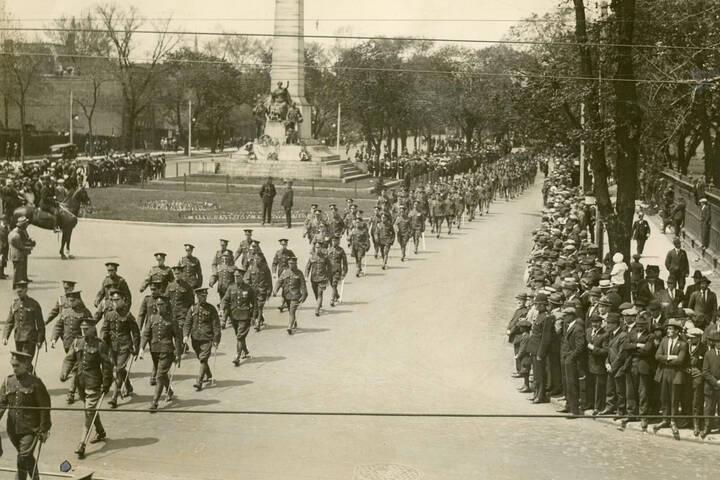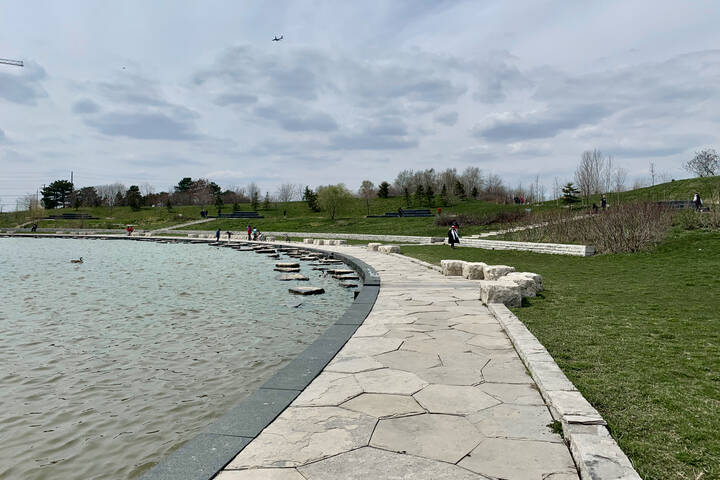vidTO: WWF Climate-Saving Smackdown
I realize that it makes me an old, culturally/morally bereft heathen - but everytime I hear the acronym WWF, I think of bodyslams, flying-elbows and a little sumthin' called The DDT. Oh, and this guy. And this guy. And let's not forget this guy.
Of course, if you're a good, upstanding citizen of the world [who doesn't wish they'd use steel-cage matches in the supreme court], what should come to mind is the World Wildlife Fund. Since 1967, they've been committed to, errr, pile-drivin' an appreciation for the planet's natural environment into our collective brain.
Apparently, this challenge now calls for fresh tactics. Yesterday, in collaboration with interactive public art miscreants Newmindspace, the WWF blanketed Metro Hall square with 3000 black [and biodegradeable] balloons, representing the amount of C02 generated by every Torontonian on a daily basis. All in the name of their new global warming initiative: saveourclimate.ca.
I stopped by early yesterday morning to take a peek. It was quite cool [literally & figuratively] and the spirit of the staff was infectuous. Word is that by lunchtime, it was hopping. Even Mercer & Miller stopped by.
To learn more, check out the above video, or pop by their brand, spankin' new blog. And get involved. By planting a tree. Or riding your bike [yes, even in winter]. Or breathing less. I call that kind of commitment to a cause revolutionary.
Latest Videos
Latest Videos
Join the conversation Load comments







